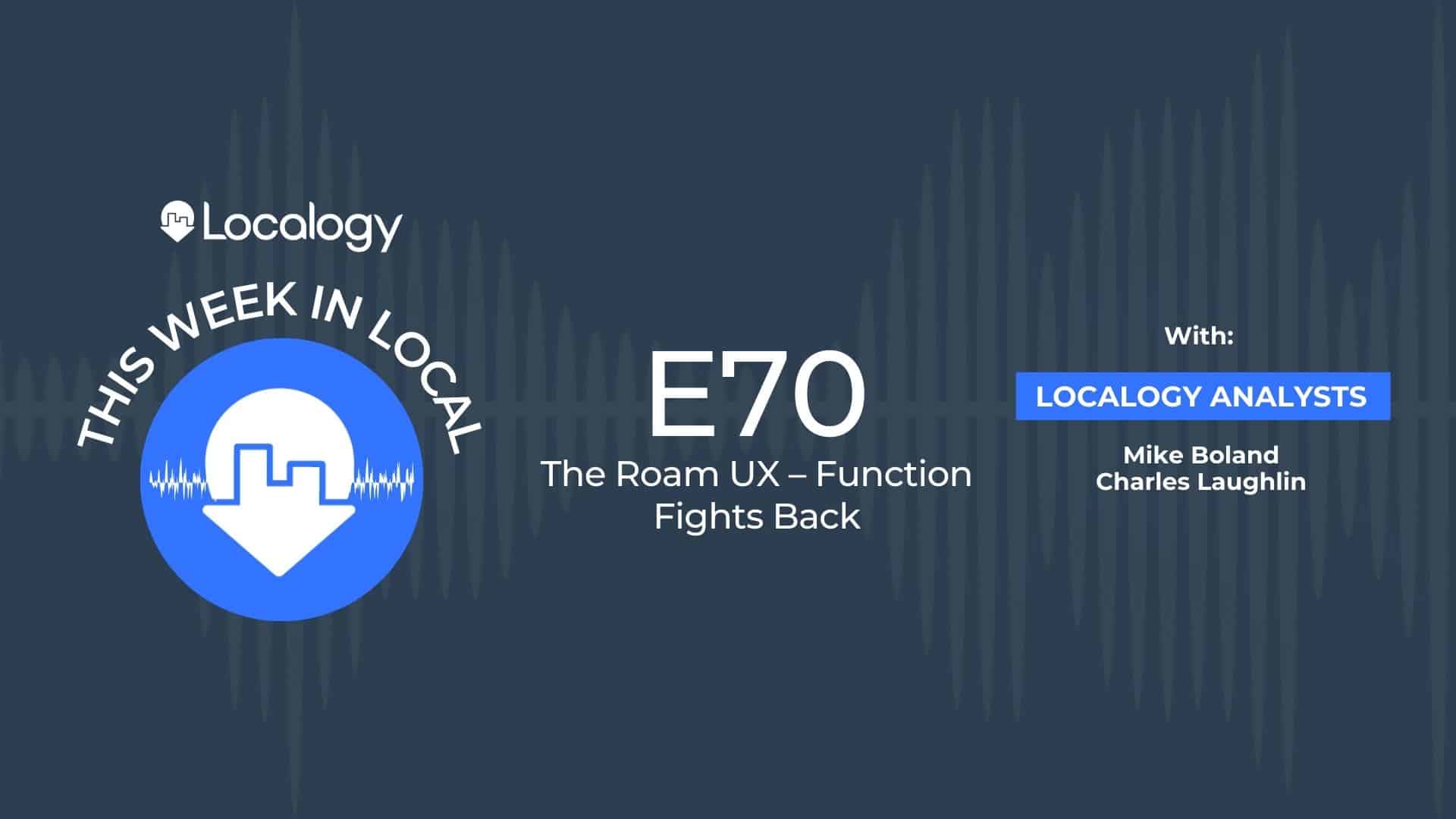Data Scout is LSA’s series that curates and draws meaning from third-party data. Running semi-weekly, it adds an analytical layer to the industry data that we encounter in daily knowledge building. For LSA original data, see the separate Modern Commerce Monitor™️ series.
Several SMB marketing components start with presence. You need somewhere for all those social posts and search results to point. Though that presence is increasingly siphoned by walled gardens like Google My Business and Facebook Pages, the lowly website often remains SMBs’ primary residence on the web.
Without getting into a philosophical debate over the importance of websites versus other developing channels (they’re all important), let’s zero in on the former. What are some of the considerations for SMB website building and hosting? And what are the comparative performance metrics for top players?
This is the focus of the second and latest installment of Fresh Chalk’s “Small Business Website Teardown” (see our Part-1 coverage). It examined 150,000 SMB websites to detect their host and website builder. It then applied its API to measure Google page speed and rankings across the board (full methodology here).
So what were the results? The first thing that strikes us from this report is the divergence between market share and performance. Specifically, Wix is the most popular SMB website builder with 21.6 percent market share. But that seems to be inversely related to its performance in speed and search rankings.

When comparing providers, Squarespace is probably closest to Wix in terms of feature sets. They’re both positioned as end-to-end drag & drop website builders with hosting and everything else you need to get up and running. Squarespace outranked Wix by 13 percent in Google search, despite less market share.
Moreover, Google My Business pages beat Wix by 61 percent in terms of speed. But the big winner seems to be WP Engine. The wordpress-centric managed hosting provider outranks all other website builders in Google search results. It has an average rankings delta of 23 percent over other website builders.


As for qualitative differences, it’s important to note these services aren’t all directly comparative. As mentioned, Wix and Squarespace operate in the drag & drop arena and provide everything under one roof. WordPress sites are generally more modular to assemble the pieces on your own (themes, plugins, etc.).
Or as Fresh Chalk writes:
There are several important ingredients for a website: the physical server that hosts the website and makes it available online, the software that serves the underlying structure for the website, and the content that brings the site to life with text and images. These three ingredients might be provided by the same company, but not always.
So SMB website choice will primarily come down to the levels of simplicity versus functionality they need. But once those variables are determined, knowing which providers perform best is valuable. And all of the above is equally relevant to agencies that sell services to SMBs, and build/optimize websites for them.
Fresh Chalk’s findings include things like geographic segmentation and other factors you can read in full here. We’ll also monitor and return here to analyze subsequent installments of this report. Like all SMB marketing, optimized online presence will continue to be an important and quickly moving target.
Be the first to hear news about Local, events and research. Click here to subscribe for updates from the LSA.





2 Responses
I find the FreshChalk data interesting. Especially to learn how dominant Wix is.
We have found Wix to be difficult for SEO. Though a lot has changed, this post from 2015 is still pretty relevant: https://www.searchinfluence.com/blog/nix-the-wix-seo-challenge-tips-tricks/
We use WP Engine and recommend it to others. It’s a little more expensive, but the level of support and the stability make it worth it.
Thanks for the useful post, Mike!
Good call Will. I’ve been a WP Engine superfan for the past year or so, after using it for two sites I own. Advanced functionality too… paywall, subscribers, tons of plugins. It’s a total steal for like $60 per month, given the support you cited. They’ve helped me out of a few jams in my intermediate WP developer skills (always breaking things!).